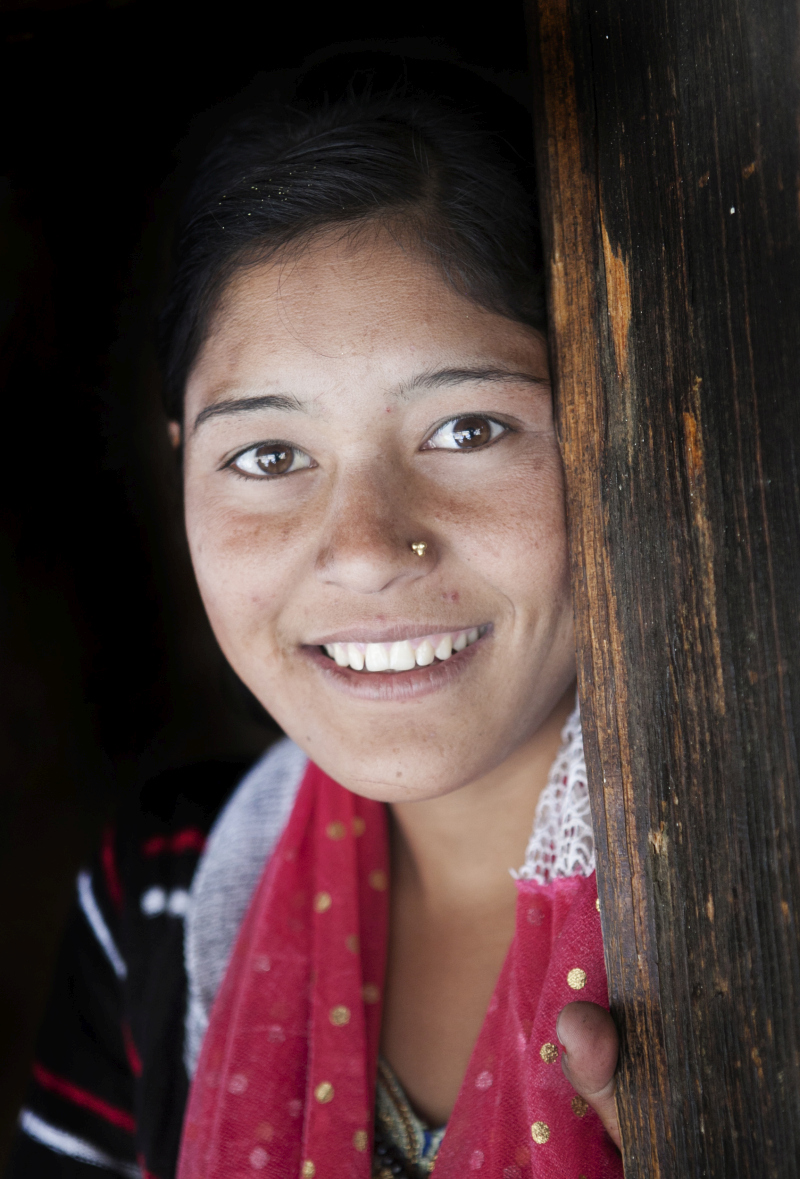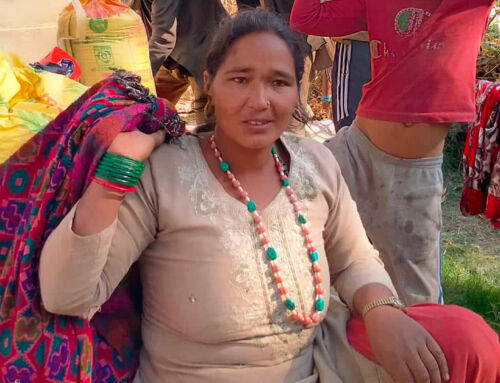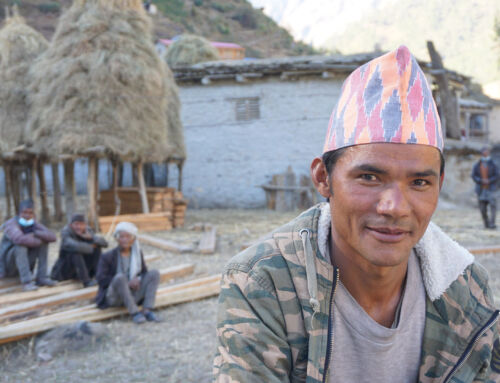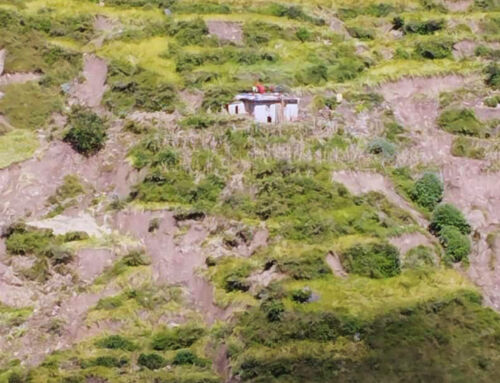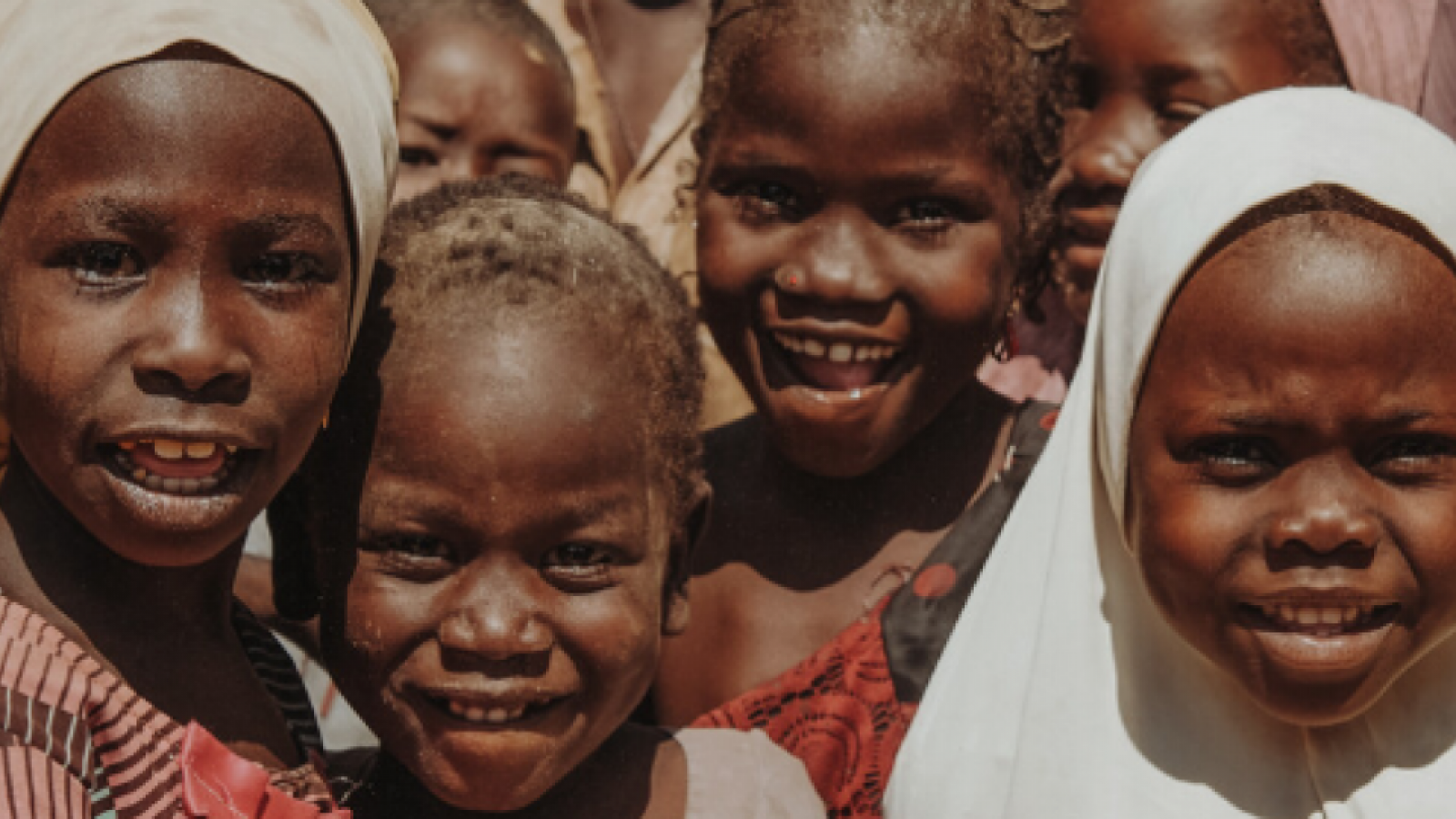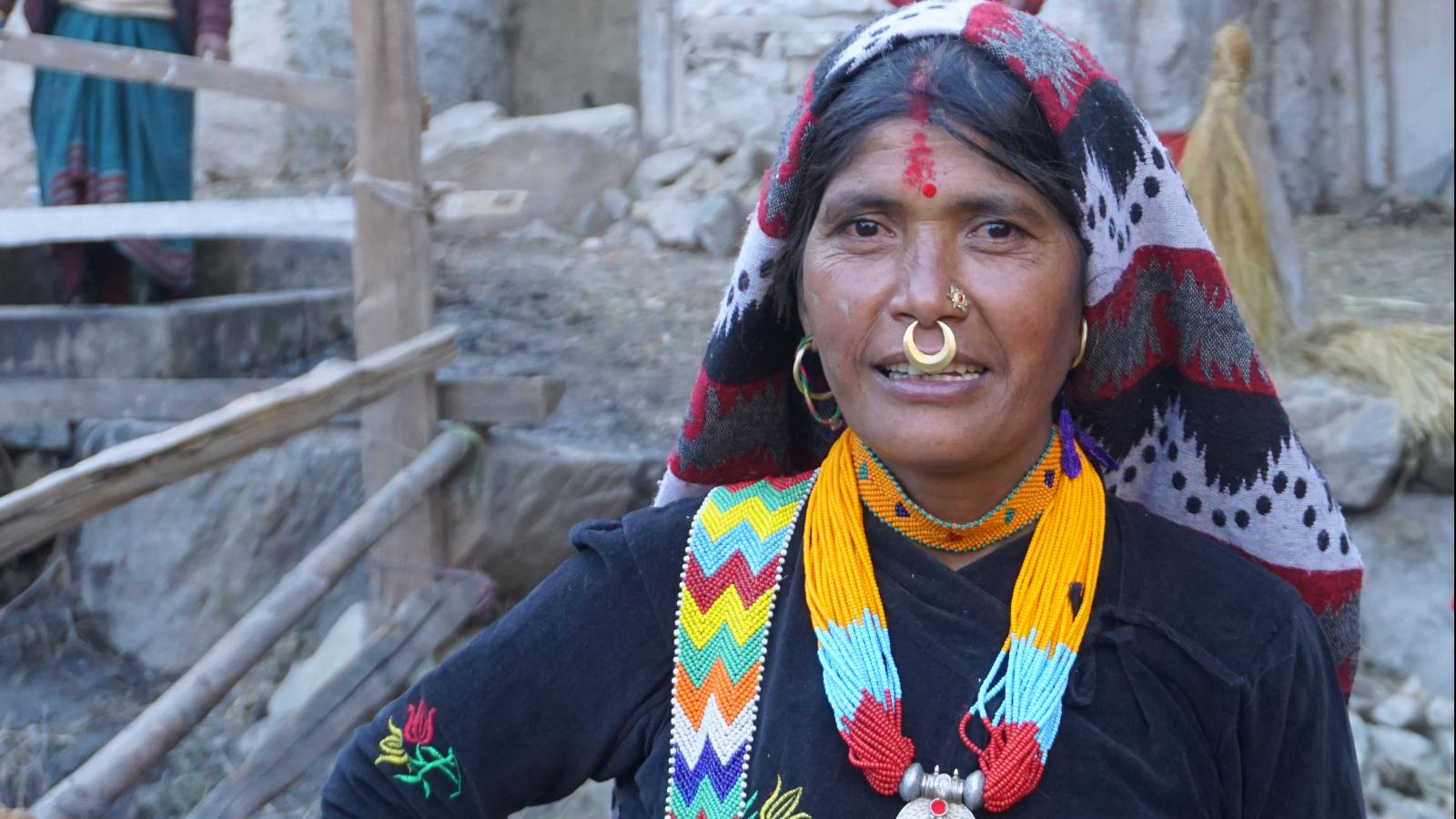Everyone in Bimala Kafles village was convinced that she and the other women were dangerous during their menstrual period. In Mission East’s youth group, they have discovered that there is nothing to be afraid of.
One week a month, 18-year-old Bimala Kafle had to leave her home in the little village in Western Nepal, where she lives, and spend the night in a cowshed. She was not allowed to eat vegetables, since that would contaminate all other vegetables. She was not allowed to touch the communal water tap, as it would pollute the water. If she wanted to drink water or bathe, she had to go to the river. Nobody was permitted to even shake her hands, and the hours she didn’t chop wood, she spent wrapped in a thin blanket in a cold and stinking cowshed. All this because she was on her period.
Poisens the cow’s milk
Chhaupadi is an old practice in Western Nepal, where it is believed that women are dangerous and pollute their surroundings after childbirth and during their menstruation. If a menstruating woman touches her husband, he becomes ill, and if she drinks milk from the cow, all milk from that cow will be poisoned, it is believed.
The women are therefore banished to the cowshed, and for the five to 11 days, their menstrual period lasts, it’s their job to chop wood and cut grass. During this time, they are only allowed to eat bread and rice. Some women have died from snake bites or smoke inhalation when they have tried to keep themselves warm with a fire inside the shed. “We thought that our gods would get angry if a woman stayed in her home during menstruation,” Bimala explains.
Not only the homes were off limits for the menstruating women and girls. They had to stay away from the school too, and this meant that Bimala like many of her peers had to drop out when reaching puberty in 5th grade. Due to her many days of absence, she couldn’t keep up with the curriculum.
Rallying in the entire village
One day, Bimala joined a youth group created by Mission East. Here she learned that Chhaupadi is practiced nowhere else, and that it has even been forbidden in Nepal since 2007.
”We all went home and told our parents that there was nothing in it. Some started to wash themselves by the tap during their menstruation, and we could see that nothing happened, so the rest of us started to do the same,” she explains.
The girls rallied against Chhaupadi in the entire village, and people are now more relaxed: instead of being banished to the cowshed many women now live in a separate room inside the house during their period.
In the groups they also learned how to make their own pads, which had hitherto been unknown to them. “We used to sit still the same place so that the blood wouldn’t flow through and stain our clothes,” Bimala remembers. With the new pads, the women can move freely around without fearing that other people shall find blood stains on their clothes.
Bimala is back to school where she is in 10th grade and dreams of becoming one of the village leaders. And if she gets a daughter herself one day, she will not be banished to the cowshed but get her own room.
”The best part of joining the group is that I no longer have to practice Chhaupadi, and that I have learned to stand up for myself,” she concludes.
—————————————————————————-
Prepared for adulthood
In Mission East’s youth groups, young women learn about health and hygiene, how to handle difficult emotions, and to stand up for themselves.
They learn how to avoid polygami, child marriages, domestic violence, and discrimination based on caste. This prepares them for adult life and makes positive social change.
Mission East has also created literacy classes for adult women, who have never learned to read and write. They learn numbers and letters and are taught their rights.

